In light of current flag burnings in and around Macedonia I think it would be appropriate to expose the common myths of Albanians.
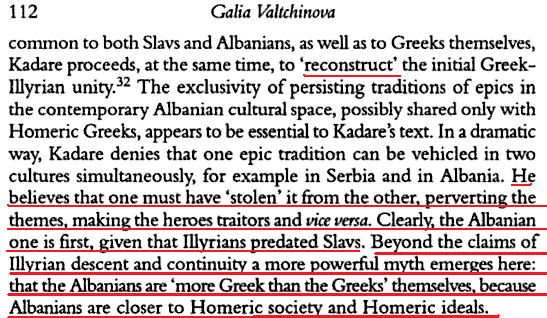
Albanian identities: myth and history By Stephanie Schwandner-Sievers, Bernd Jürgen Fischer

Albanian identities: myth and history By Stephanie Schwandner-Sievers, Bernd Jürgen Fischer


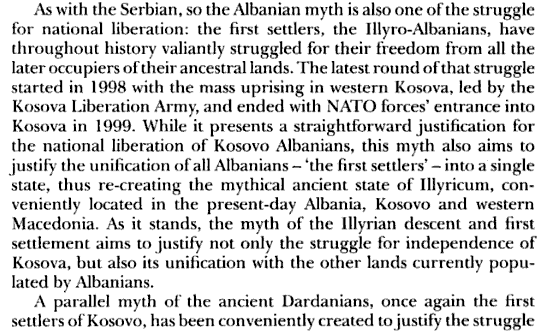
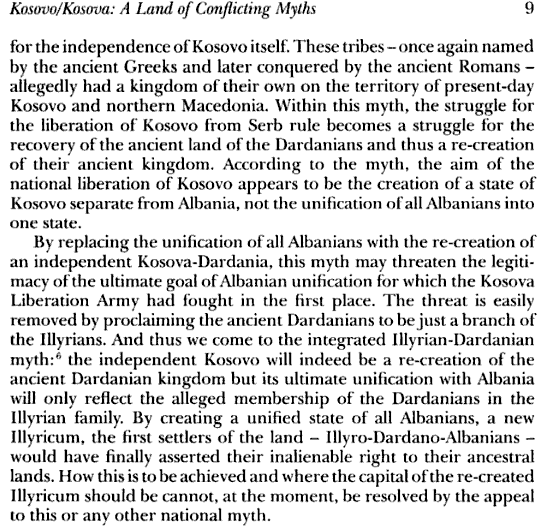
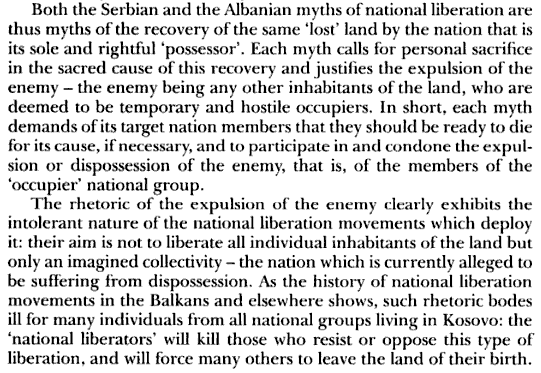
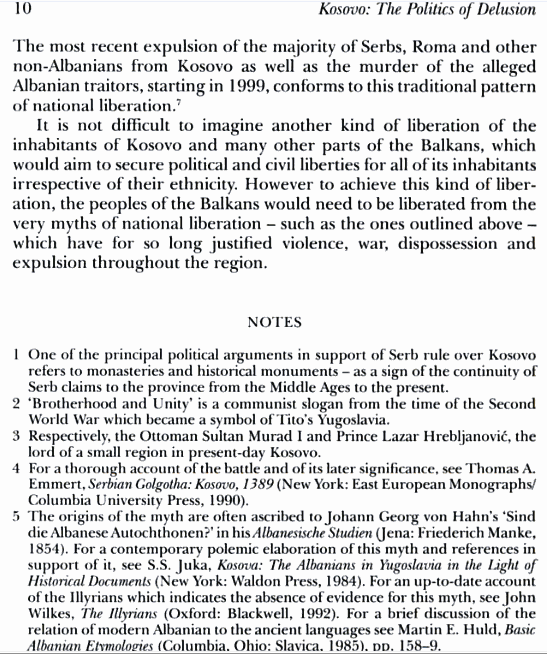
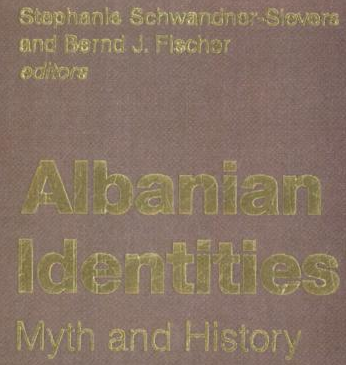
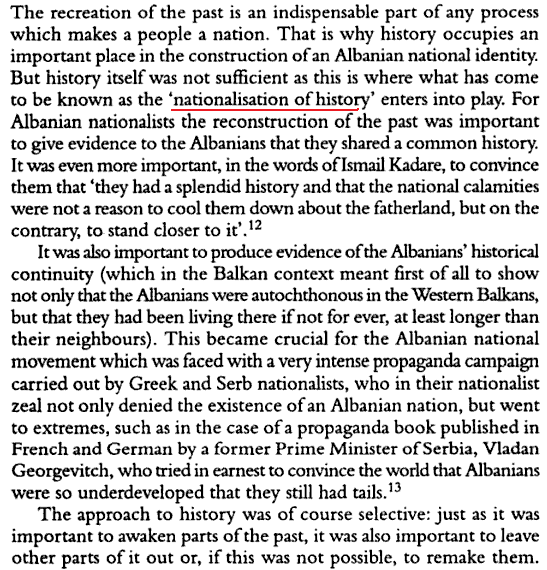

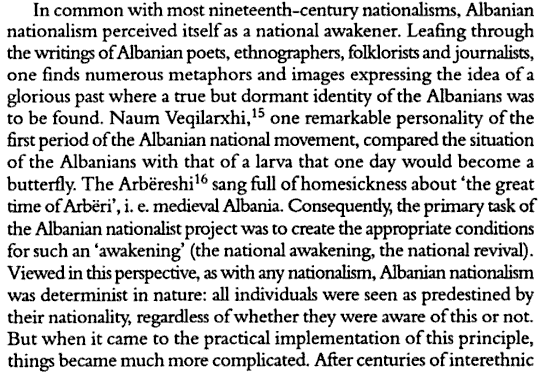

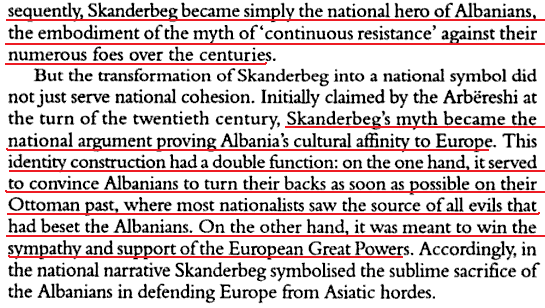

Comment